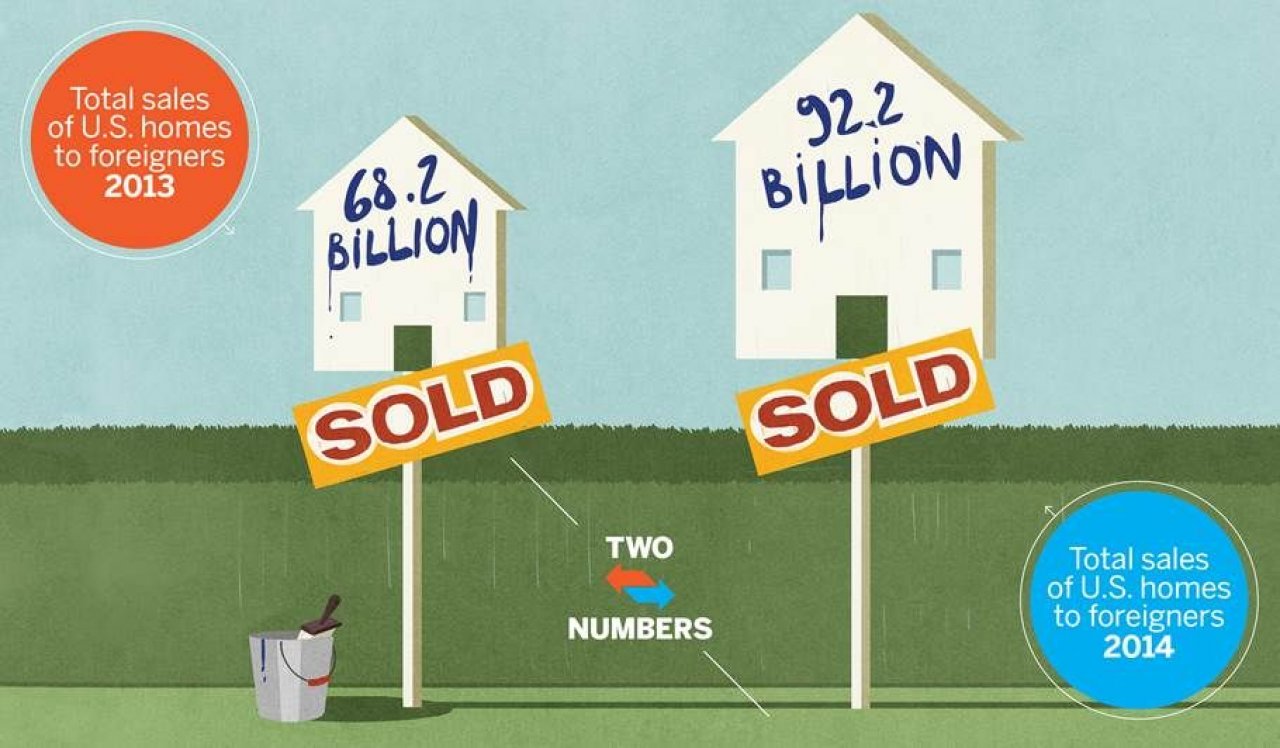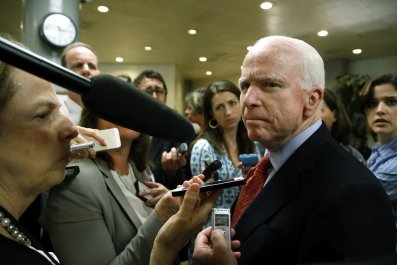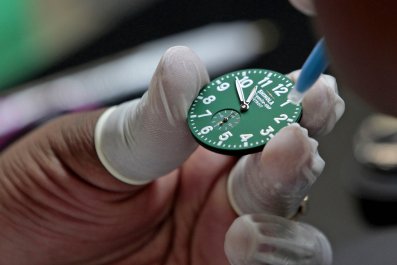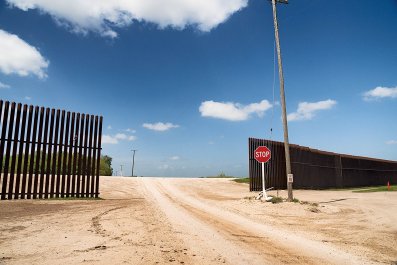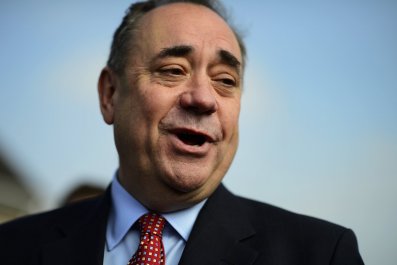Londoners are complaining that foreigners are snapping up plum real estate in their city, driving housing prices ever higher, and there is a similar trend in Sydney and Vancouver. Now there are signs foreigners are on a buying spree for residential properties in the United States.
Last year, sales of U.S. homes to foreigners jumped 35 percent, to $92.2 billion, according to the National Association of Realtors. While that represents only 7 percent of the U.S. market, the buying tends to be concentrated in a handful of markets, namely Arizona, California, Florida, New York and Texas.
Foreign buyers tend to purchase high-end properties and pay cash, which is pushing up the prices on luxury properties. In Manhattan, prices of luxury properties rose faster than the overall market in the third quarter of 2014, according to the real estate firm Douglas Elliman, and the typical sales price of a luxury property was $5 million, up 22 percent from the same period last year.
Rising prices at the high end can make housing less affordable for everybody, as property developers build more expensive properties to cater to the increased demand and lower-priced properties become scarcer. In London, where almost three-quarters of the new homes were purchased by foreigners between 2011 and 2013, according to Knight Frank LLP, home prices are now 30 percent above their 2007 peak. That means many people can no longer afford to rent or buy in the city.
In the U.S., buying by Chinese is behind the big increase in spending by foreigners. The National Association of Realtors estimated that total international sales from Chinese buyers rose to $22 billion in the 12 months ending March 2014, up from $12.8 billion. Chinese buying accounts for almost one-quarter of total foreign property purchases, and Chinese buyers tend to buy in expensive markets such as New York, California and Washington, D.C. With no reason to anticipate a slowdown, these markets are expected to get hotter.



